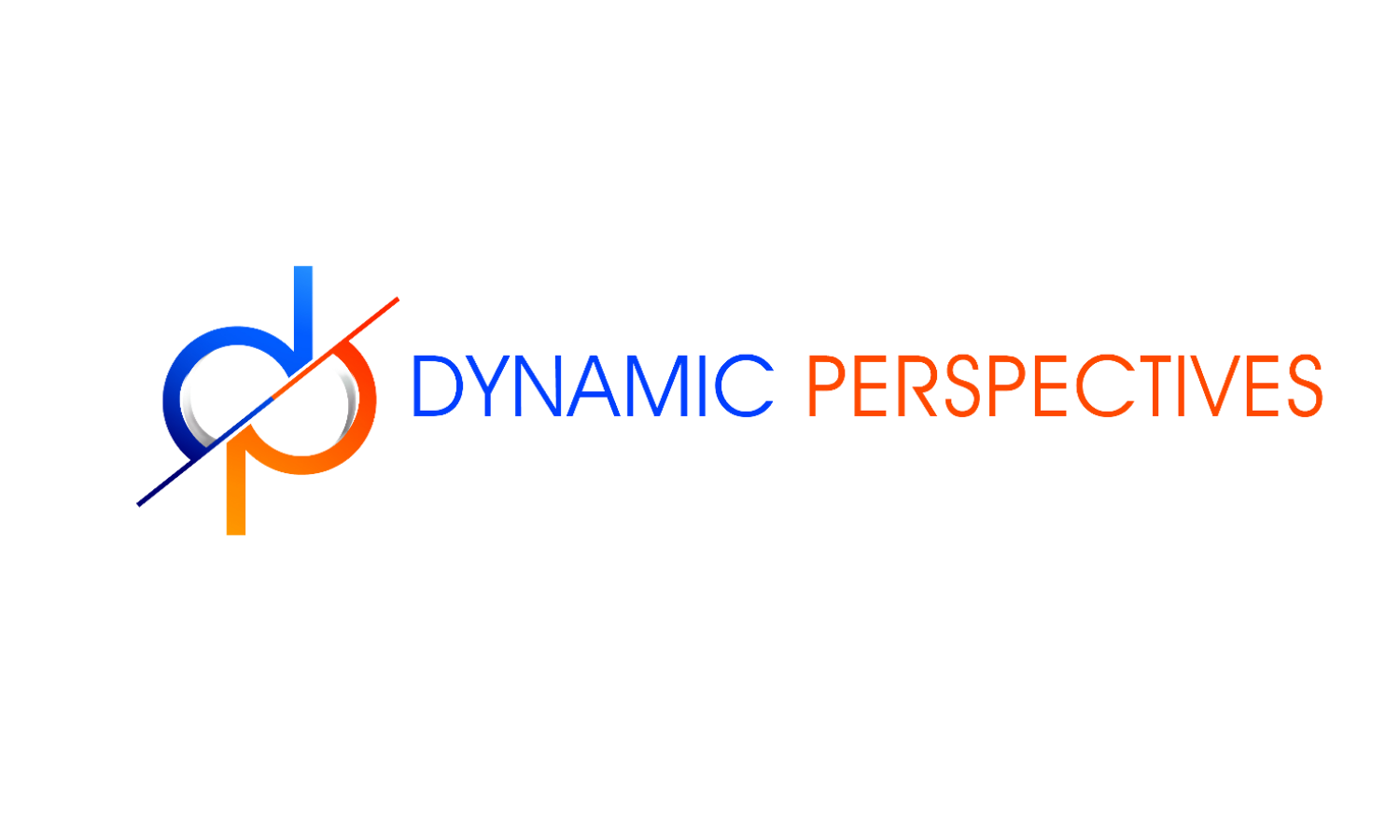The Watson Glaser Critical Thinking III assessment is a premier tool for evaluating an individual’s critical thinking and decision-making abilities. Through a series of questions designed to assess skills in areas such as inference, recognition of assumptions, deduction, interpretation, and evaluation of arguments, the assessment provides a comprehensive view of a person’s analytical strengths and reasoning capabilities.
As a trusted measure used in various industries, the Watson Glaser equips organizations with insights into an individual’s capacity to process complex information, make sound judgments, and approach problems systematically. By focusing on these essential cognitive skills, the Watson Glaser III enables leaders to identify strategies to thrive in decision-making roles and contribute to strategic, effective outcomes in the workplace.
Recognize
The "Recognize Assumptions" component of the Watson Glaser Critical Thinking III assessment evaluates an individual’s ability to identify implicit beliefs or assumptions within information or statements. This skill is essential in critical thinking, as recognizing underlying assumptions allows individuals to approach issues with greater clarity and objectivity. By accurately identifying what is assumed versus what is factual, participants can more effectively question biases and make balanced, informed decisions.
Evaluate
In the "Evaluate Arguments" section, the Watson Glaser assessment measures an individual’s ability to analyze and judge the strength of various arguments based on their relevance and soundness. This skill is crucial for discerning credible information from flawed reasoning, enabling participants to identify well-supported arguments and discard those based on weak or irrelevant evidence. Mastery of this skill supports clear decision-making and enhances the ability to engage constructively in discussions and problem-solving.
The "Draw Conclusions" element assesses how effectively participants synthesize information and reach logical, evidence-based conclusions. This ability to infer outcomes or solutions from given data is fundamental in critical thinking, particularly when dealing with complex or ambiguous information. By honing this skill, individuals are better equipped to identify logical connections, avoid premature judgments, and make well-considered decisions in uncertain situations.
Draw
Feedback
The Watson Glaser Critical Thinking III report provides detailed, actionable feedback on each critical thinking skill assessed, offering individuals insights into their strengths and potential development areas. This feedback includes a breakdown of how effectively they recognize assumptions, evaluate arguments, and draw conclusions, along with tailored recommendations for improvement. The report enables participants to understand their unique critical thinking profile, empowering them to make targeted enhancements in analytical and decision-making abilities critical for workplace success.













